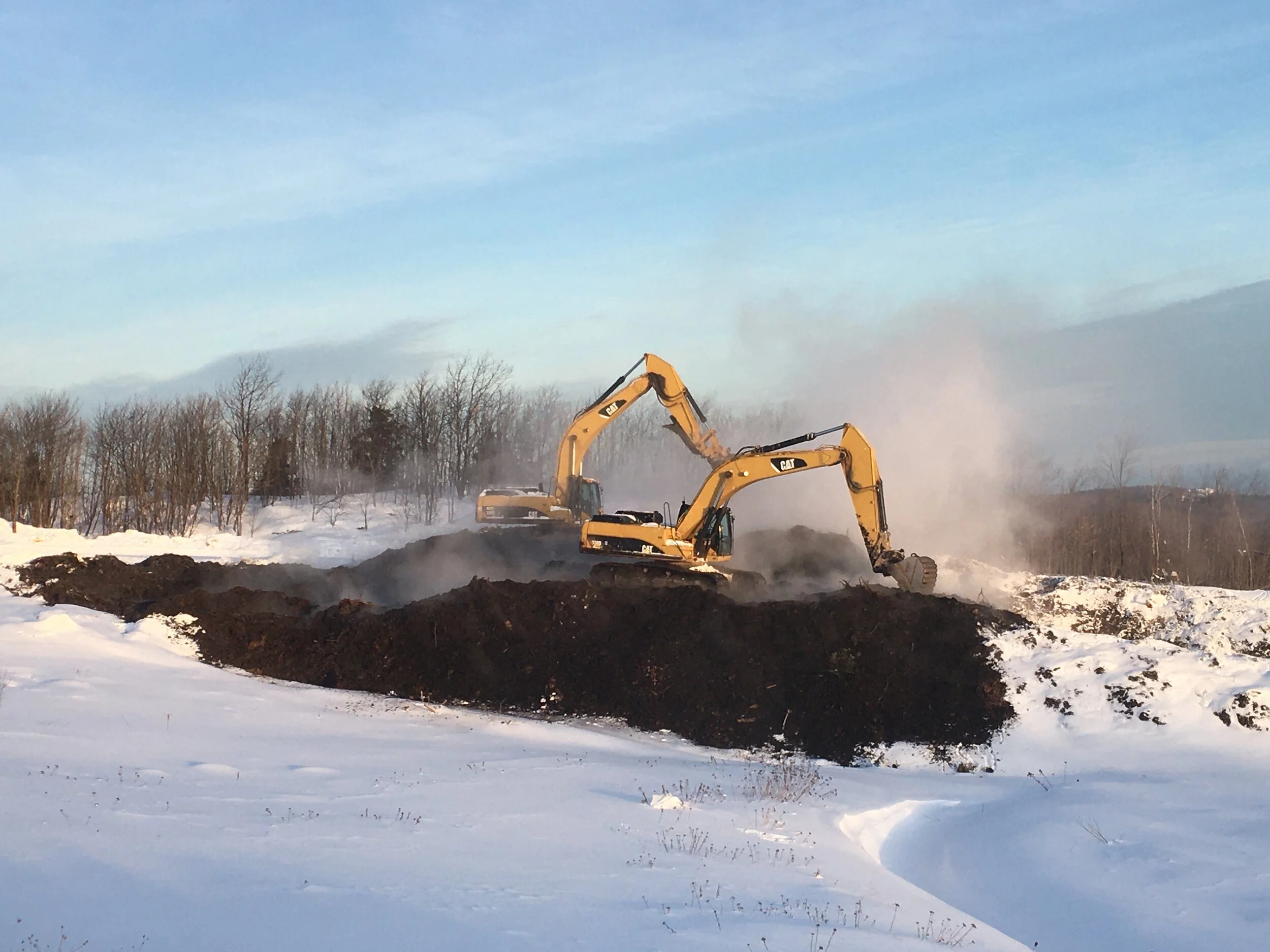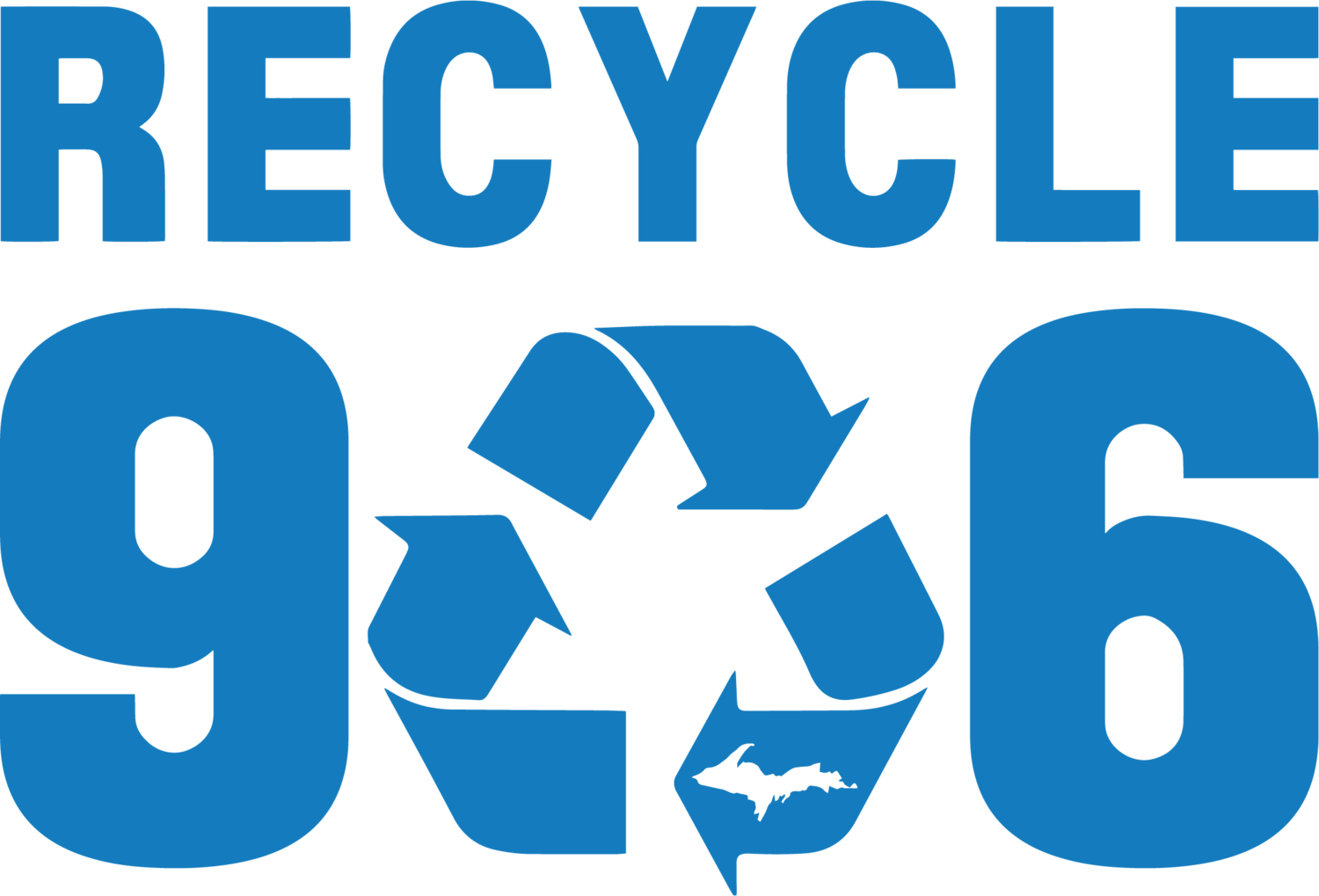
Organics & Composting
MARQUETTE COUNTY ONLY
⋆
MARQUETTE COUNTY ONLY ⋆
Accepted Materials
Composting is nature’s way of recycling and returning valuable organic matter and nutrients to the soil to be used again. It can be used for gardens, lawns and even houseplants, to conserve moisture and add nutrients to help plants thrive. The Marquette County Solid Waste Management Authority offers free compost and organics drop off for Marquette County residents and businesses.. Below is a list of materials accepted.
Yard Waste
Dirt
Grass
Hay/Straw
Leaves/Brush
Plants
Food Waste
Bones
Bread, pasta, and grains
Coffee filters, coffee grounds, and tea bags/leaves
Cooking Oil/Grease
Eggshells and Nutshells
Fruits and vegetables—scraps or whole
Meat, fish, and poultry scraps
Soiled paper towels and napkins
Soiled pizza boxes and paper food wrap
Not Accepted
Metal
Glass
Particle board
Plastic
Plywood
Treated wood
NO stumps or limbs that are more than 2″ in diameter! Stumps and any tree limbs/brush over 2 inches in diameter. These items are charged the current tipping fee per ton and you must have a valid landfill permit.









